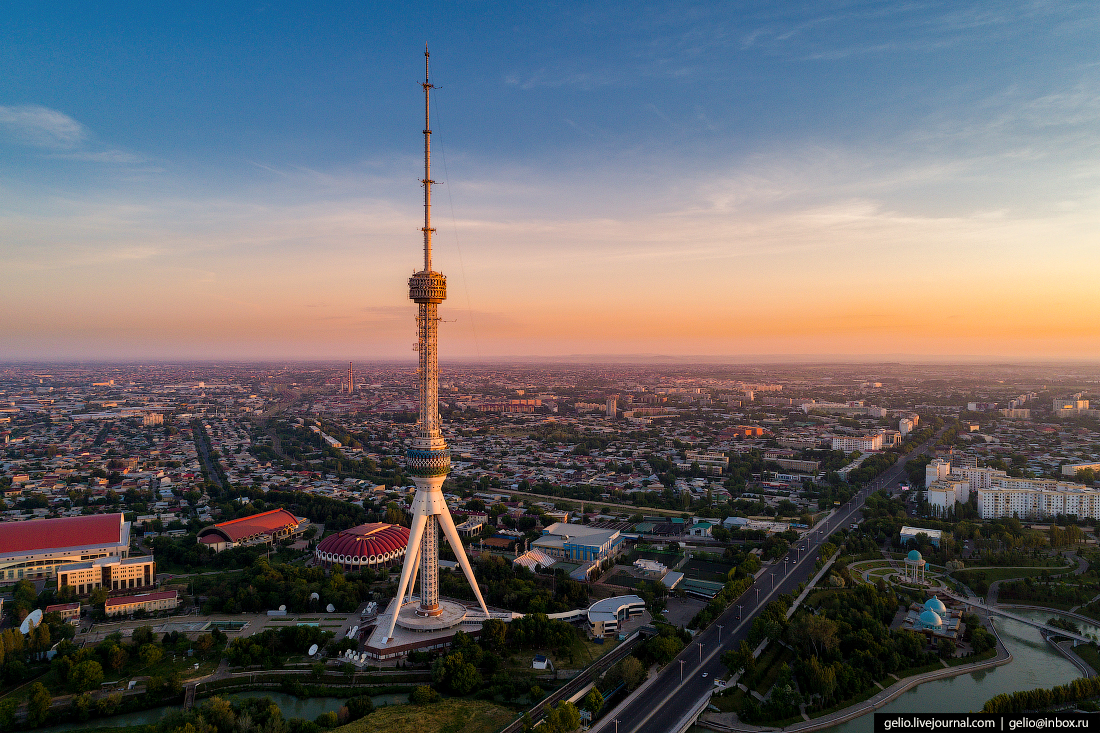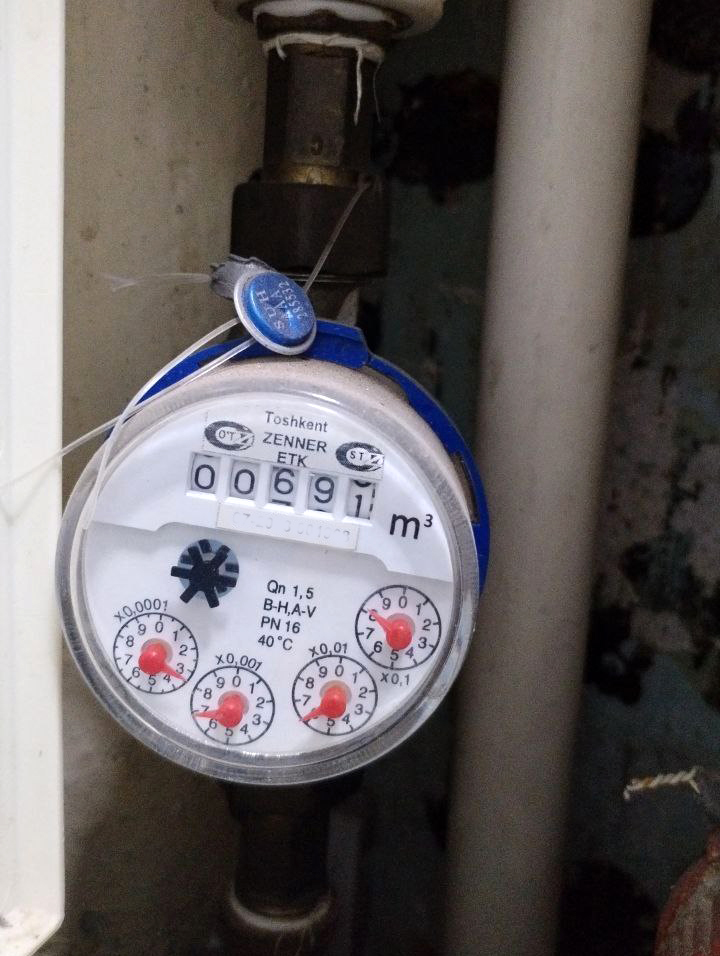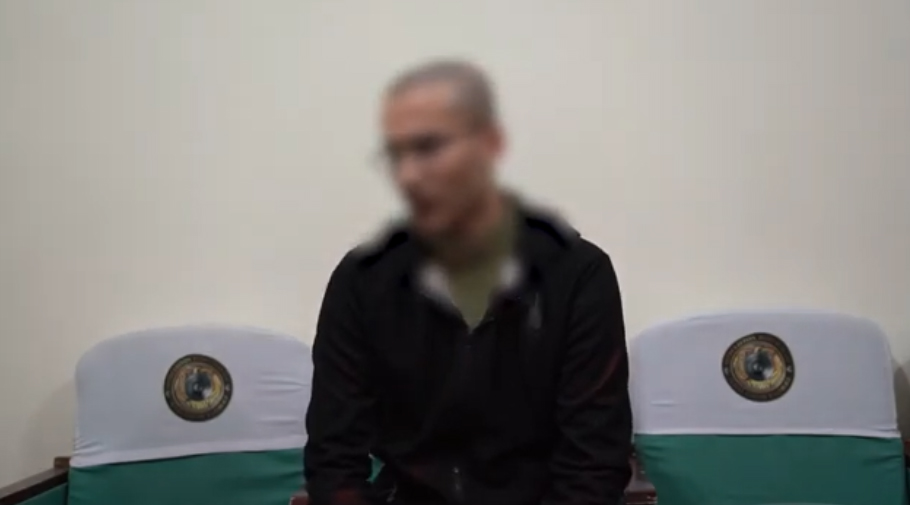This article is also available in:
Русский (Russian)
Uzbek
The Tashkent City Administration, in cooperation with “Toshkent Invest Kompaniyasi,” has initiated a study of the lifestyle in mahallas, the leisure activities of residents, and the cultural characteristics of the capital. The main goal of this study is to create a comprehensive design code for the city, covering all aspects of the urban environment: from the design of streets and courtyards to street furniture, navigation, and public spaces.
What is a design code?
A design code is a set of rules and guidelines that regulate the visual appearance of a city. It covers all aspects of the urban environment: building facades, signage, color palettes, lighting, landscaping, as well as street furniture and navigation. A design code helps create a unified, harmonious, and convenient urban space. It’s not just about aesthetics but also about functionality: convenient pedestrian areas, logical routes, and accessible public spaces are all part of the design code.
Why is this important for Tashkent?
In recent decades, Tashkent has undergone many changes, but many of them have been implemented without a clear system. As a result, the city faces several problems: a lack of unified style, chaotic architecture, and sometimes inconvenient public spaces. Developing a design code will not only solve these problems but also make Tashkent more modern, comfortable, and attractive for both residents and tourists.
The main task is to create a comfortable and welcoming space for all citizens. It is also important to consider Tashkent’s cultural features, historical heritage, as well as the modern needs and demands of its residents. To achieve this, the city administration is asking for help from the citizens themselves – the study will be based on real answers and preferences of the people.
Your opinion can help shape the new face of the city. Everyone’s participation will make the urban space more convenient and enjoyable for living. You can participate in the study here.
The text has been translated by AI. For more accurate information, please refer to the Russian version of the article











